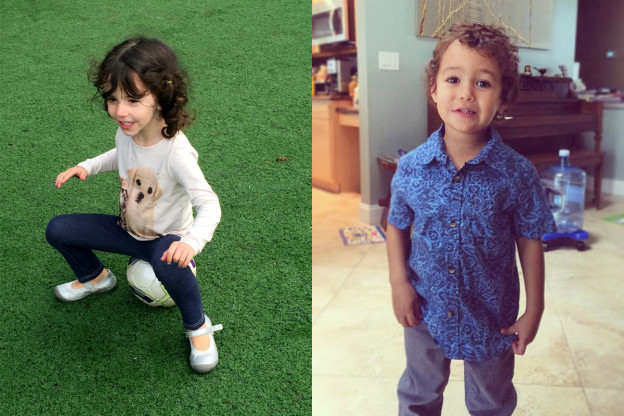On my last trip I had the great joy of seeing two brilliant little children, one a 2 years old and the other 3, both of whom demonstrated once more what the future could be. Both of these children, a boy and a girl, have digit spans of 5 (the processing abilities of a typical 6-7-year old and the processing level of many children in junior and senior high school and, sadly, many adults as well. Both of these children have been using our NACD Cognition Coach apps, and the results are right there in your face. These little wonders are absolutely delightful, and true to their superior processing skills, they are very conversational, have good vocabularies, mature in every way, inquisitive, happy and really smart. Talk about fun!
Being with these kids and seeing what “smart” is and realizing that this is something that virtually all children could achieve is very reassuring and motivating. We really can all be smarter, and successful outcomes in education should be focused much less on curriculum and much, much more on simply making kids smarter. I would love to have the time to do a little study, and to test successful people, such as entrepreneurs, the top doctors, attorneys, scientists, etc. on elementary and middle school curriculum. I know what the results would be, I would just like to have the data to make the point. The point being that memorizing a bunch of stuff to take a test and then forgetting it doesn’t produce success. If we built a list of the actual core knowledge of successful people it wouldn’t look much like the stuff that most school curriculums are made of. I do however suspect that one of the common ingredients found in successful people, be they plumbers who have build a successful company or the successful developer, the neurosurgeon or engineer is that they are smart.
Making kids really smart isn’t all that tough; we have been developing techniques to develop short term and working memory the foundation for cognition for forty years and through our work with children and adults with developmental issues and helping them maximize their potential we have have really learned how to help typical children be truly exceptional. In about time then a child spends in brushing their teeth everyday targeted input can dramatically accelerate the process that can make them smarter. Smarter means, they enjoy a richer life, learn faster and better, derive more from their educations, increase their life and career options and raise the odds for living a happy and successful life. Smart is good and smarter is better and you simply can’t be too smart.
 I received a note from one of our dads today. Simon has his three children on program. Today he shared a couple of things his son, eight-year-old Noah, had just said. Noah is smart, fun, a fledging stand-up comic, has very good processing, and academically now is on a 5th grade level.
I received a note from one of our dads today. Simon has his three children on program. Today he shared a couple of things his son, eight-year-old Noah, had just said. Noah is smart, fun, a fledging stand-up comic, has very good processing, and academically now is on a 5th grade level.
